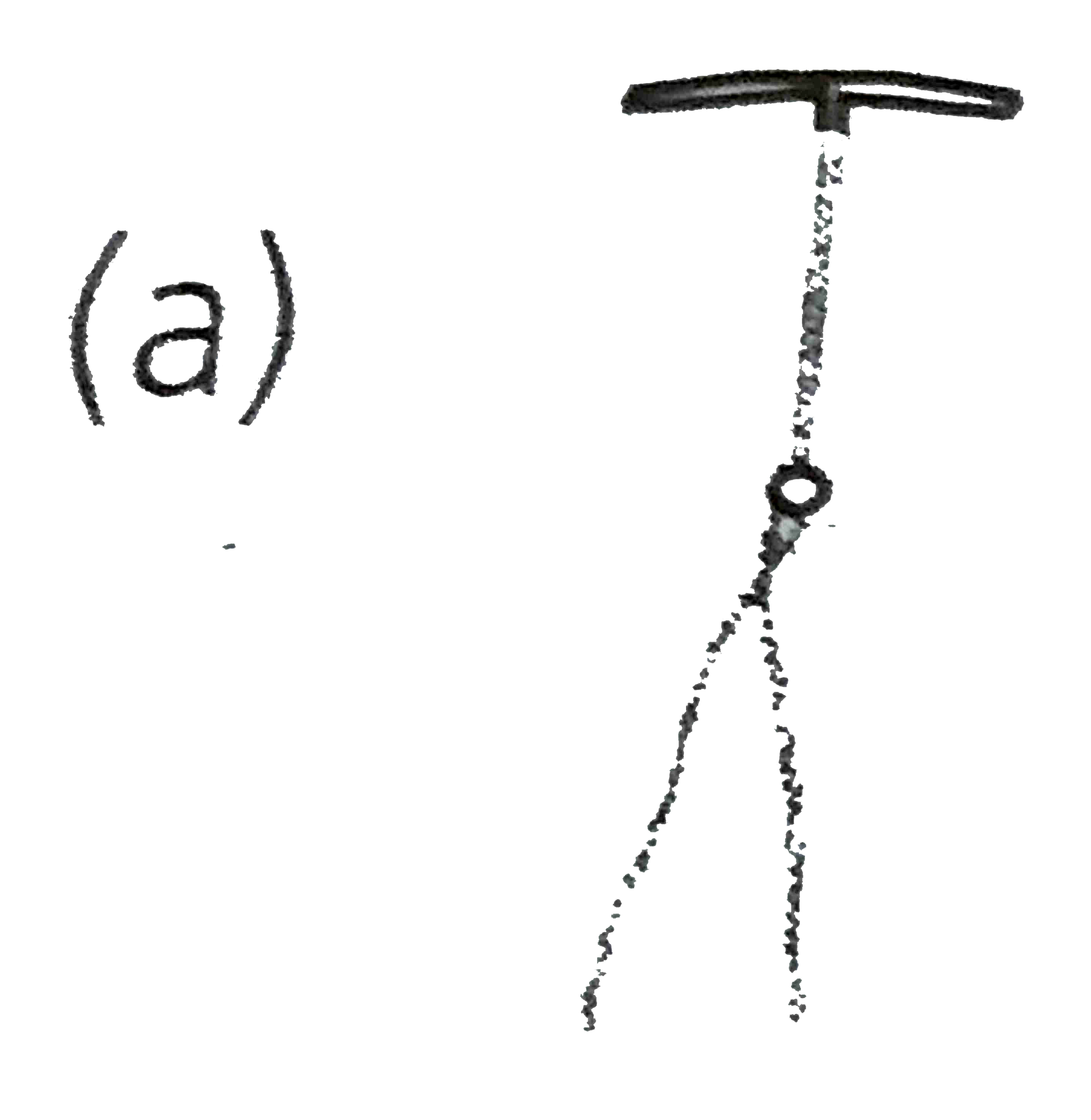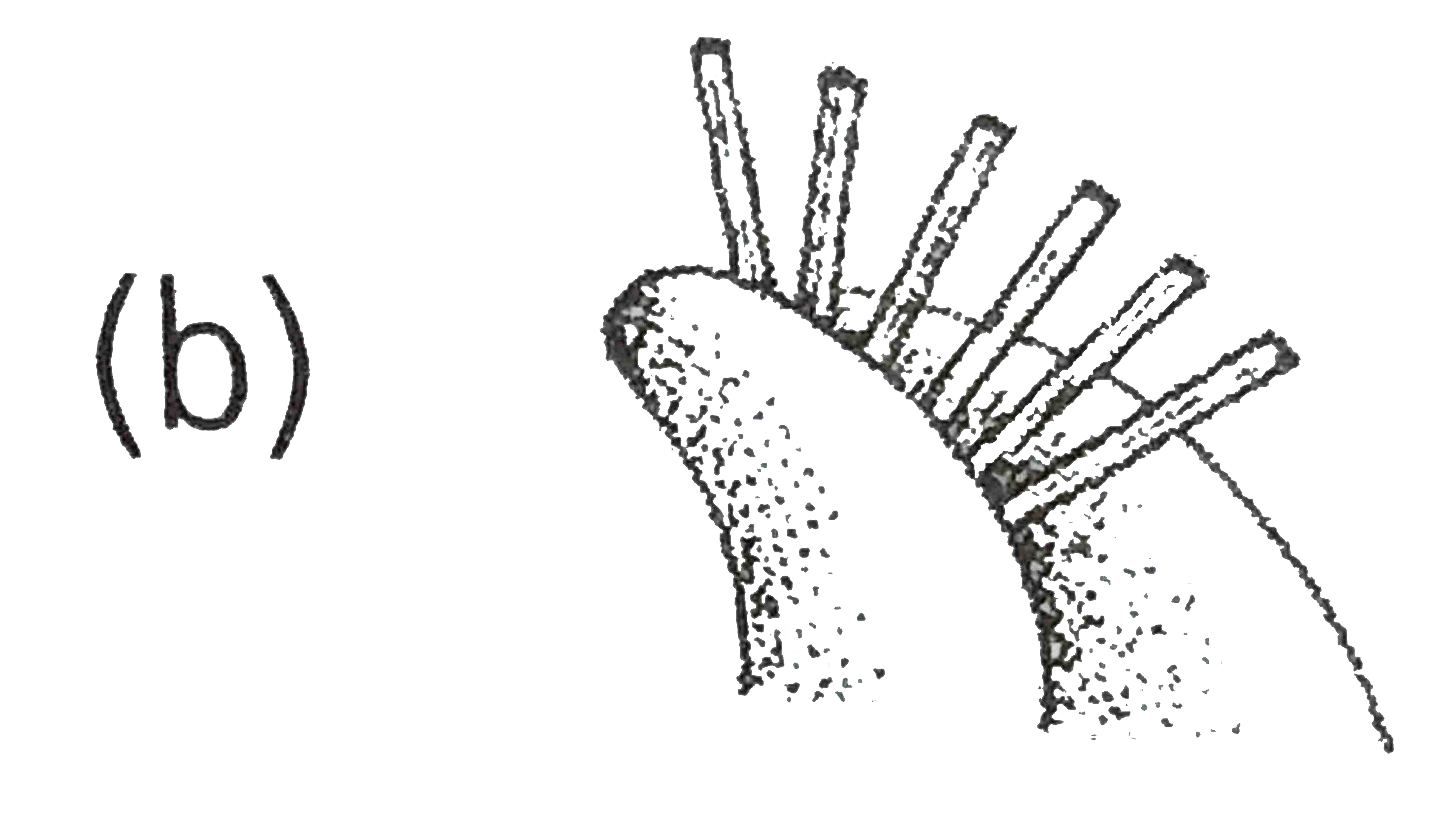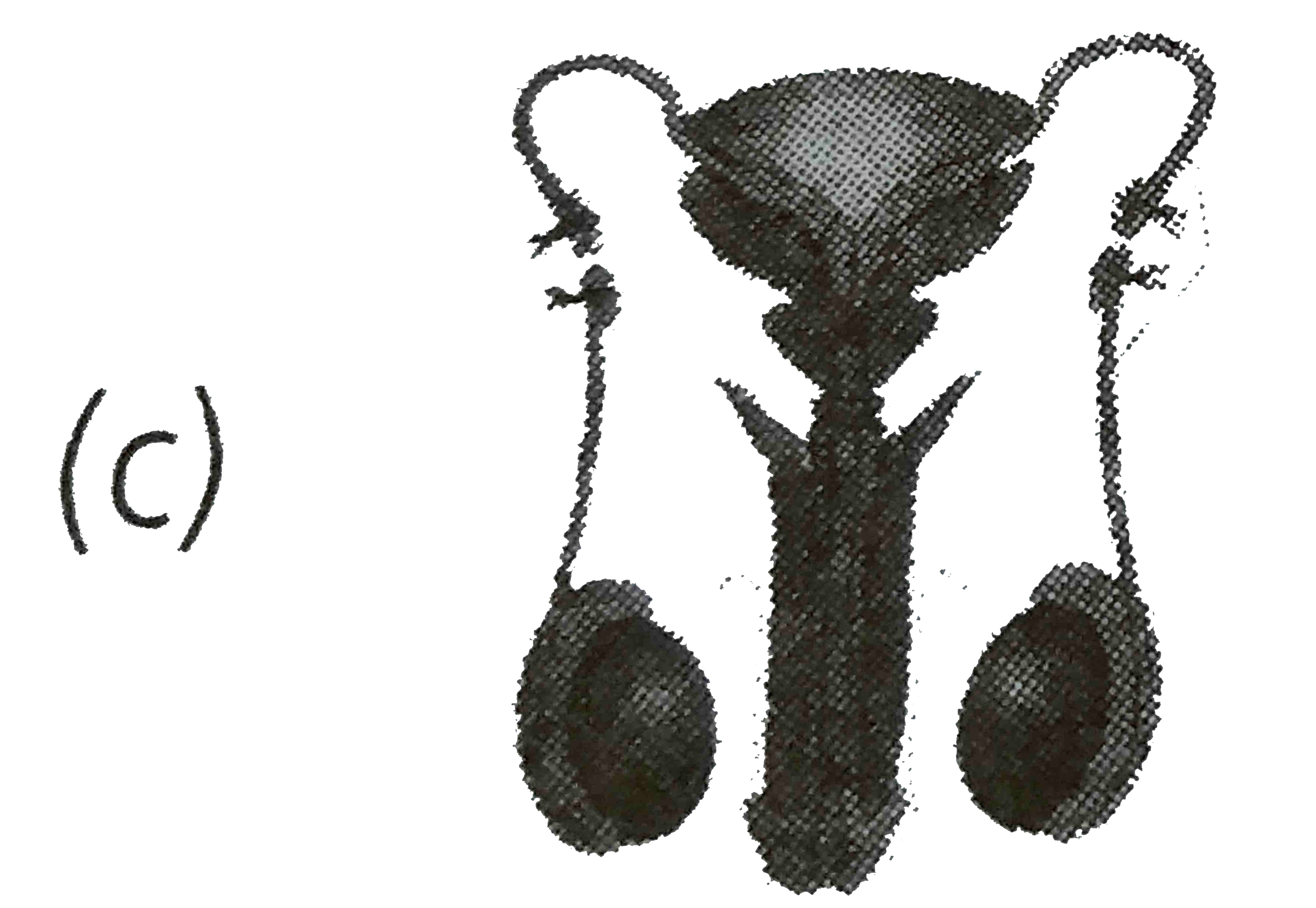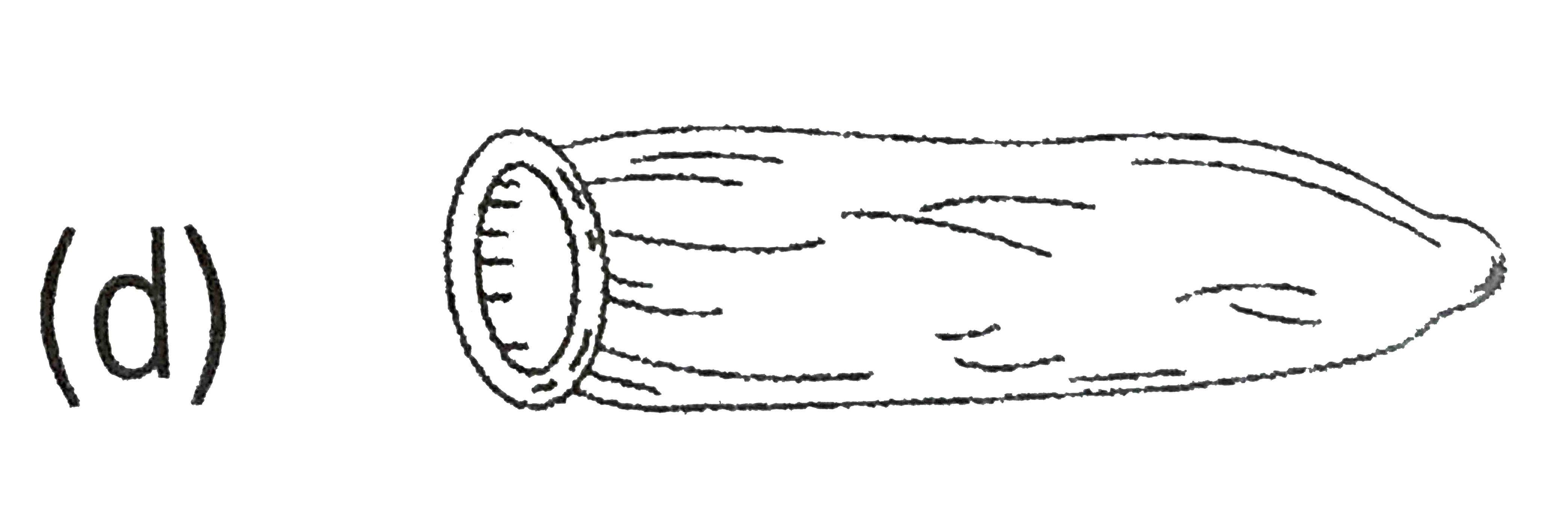Which of the following contraceptive methods has poor reversibility ?




The correct Answer is:C
To determine which contraceptive method has poor reversibility, we will analyze each of the methods mentioned in the question step by step.
Step 1: Understand the Contraceptive Methods
We have four contraceptive methods to consider:
1. Copper T (Intrauterine Device - IUD)
2. Hormone Implants
3. Vasectomy
4. Condom
Step 2: Analyze Each Method
- Copper T: This is an intrauterine device that can be removed and allows for the possibility of pregnancy after removal. It has good reversibility.
- Hormone Implants: These are subcutaneous implants that release hormones to prevent ovulation. They can also be removed, allowing for the possibility of pregnancy after removal. This method has good reversibility.
- Vasectomy: This is a surgical procedure that involves cutting the vas deferens to prevent sperm transport. It is considered a permanent method of contraception. Although reversal is technically possible, it is complex and not always successful, making its reversibility poor.
- Condom: This is a barrier method that is used during intercourse. It is not a permanent method and can be used repeatedly, allowing for full reversibility.
Step 3: Identify the Method with Poor Reversibility
From the analysis:
- Copper T, Hormone Implants, and Condoms all have good reversibility.
- Vasectomy has poor reversibility due to the nature of the surgical procedure and the difficulty in reversing it.
Conclusion
The contraceptive method that has poor reversibility is Vasectomy.
Final Answer
C. Vasectomy
---
We have four contraceptive methods to consider:
1. Copper T (Intrauterine Device - IUD)
2. Hormone Implants
3. Vasectomy
4. Condom
- Copper T: This is an intrauterine device that can be removed and allows for the possibility of pregnancy after removal. It has good reversibility.
- Hormone Implants: These are subcutaneous implants that release hormones to prevent ovulation. They can also be removed, allowing for the possibility of pregnancy after removal. This method has good reversibility.
From the analysis:
- Copper T, Hormone Implants, and Condoms all have good reversibility.
- Vasectomy has poor reversibility due to the nature of the surgical procedure and the difficulty in reversing it.
The contraceptive method that has poor reversibility is Vasectomy.
C. Vasectomy
Topper's Solved these Questions
- BOOK - NCERT FINGERTPS ENGLISHCHAPTER - REPRODUCTIVE HEALTHEXERCISE - HOTS5videos
REPRODUCTIVE HEALTH
- BOOK - NCERT FINGERTPS ENGLISHCHAPTER - REPRODUCTIVE HEALTHEXERCISE - EXEMPLAR13videos
REPRODUCTIVE HEALTH
- BOOK - NCERT FINGERTPS ENGLISHCHAPTER - REPRODUCTION IN ORGANISMEXERCISE - All Questions137videos
REPRODUCTION IN ORGANISM
- BOOK - NCERT FINGERTPS ENGLISHCHAPTER - SEXUAL REPRODUCTION IN FLOWERING PLANTSEXERCISE - Sexual Reproduction In Flowering Plants145videos
SEXUAL REPRODUCTION IN FLOWERING PLANTS
Similar Questions
Knowledge Check
- Question 1 - Select One
Which of the following contraceptive methods correctly matches with its mode of action ?
AContraceptive method Mode of action Tubectomy Make the uterus unstable for implantationBContraceptive method Mode of action Oral pills Inhibit ovulation and implantationCContraceptive method Mode of action Diaphragms Spermicidal and increases phagocytosis of sperms within the uterusDContraceptive method Mode of action IUDs Blocks gamete transport - Question 2 - Select One
Which of the following contraceptive methods correctly matches with its mode of action ?
AContraceptive method Mode of actionTubectomy Makes the uterus unsuitable for implantationBContraceptive method Mode of actionOral pills Inhibit ovulation and implantationCContraceptive method Mode of actionDiaphragms Spermicidal adn increases phagocytosis of sperms within the uterusDContraceptive method Mode of actionIUDs Blocks gamete transport
Which of the following contraceptive method has high rate of failure ?
View SolutionWhich of the following contraceptive method cannot be practically used?
View SolutionWhich of the following contraceptive method make the uterus unsuitable for implantation?
View SolutionWhich of the following contraceptive method make uterus unsuitable for implantation ?
View SolutionWhich of the following contraceptive method is used can also help in preventing STD?
View SolutionWhich of the following contraceptive methods Involve a role of hormone ?
View Solution
